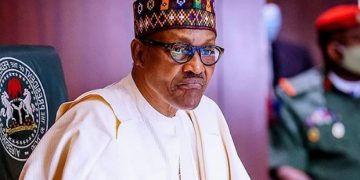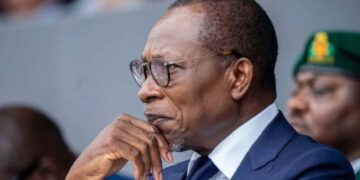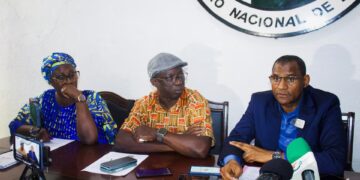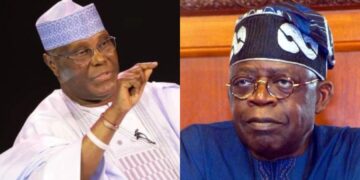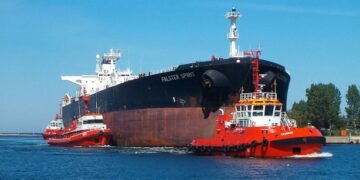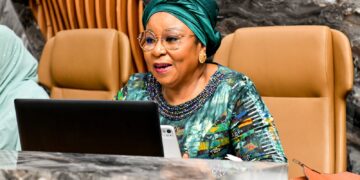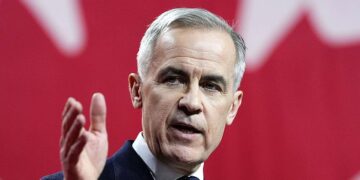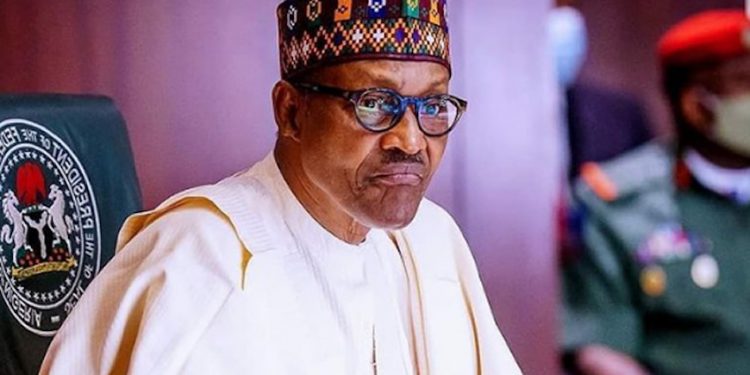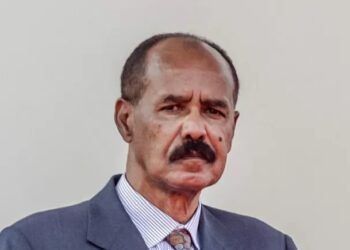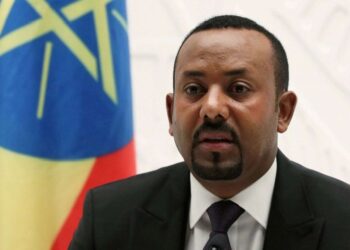By Chioma Iruke
Nigeria’s President, Muhammadu Buhari on Monday stated that his administration is working towards an ambitious goal of ramping up oil and gas production to at least four million barrels per day, and building a reserve of up to 40 billion barrels.
Buhari who was represented by Nigeria’s Petroleum Minister Timipere Sylva, gave this assurance at the Fourth Nigeria International Petroleum Summit (NIPS) holding in Nigeria’s capital city of Abuja.
The President while reaffirming the commitment of the Nigerian government in creating a conducive environment for the oil and gas industry, said it was no longer a choice but a ‘necessity’.
He acknowledged that although the Covid-19 pandemic had impacted on the oil and gas industry, crisis was often an opportunity to redefine objectives and create a path way to rediscovery.
“The crisis the oil and gas is facing today was necessitated by Covid-19, is accelerated demand and the supply glut that generated the crisis in the global economy in general and the oil industry in particular.
“Addressing this challenges has created opportunities, the immediate challenge is that the global agenda for energy transmission has taken a back seat. Government across the world are more concerned about tackling the impact of the Covid-19 on economies than energy transmission. However, energy transmission is real and renewable technology are getting cheaper and investors are increasingly conscious of environmental issues and are beginning to turn their back on hydro-carbon investment,” Buhari added.
Speaking further, the President added that Nigeria could take advantage of the issue, stating that “expert project that about 80% of energy needs in 2040 would come from hydrocarbons. Fossil fuels would continue to be a source of dozens of petrol chemical feed stocks that companies transmit to versatile and valid materials for modern lives.
“Thus, hopefully, the hydro-carbon industry would still remain a multi-trillion industry in the coming decades. For us as a country with a vast hydro-carbon potential, how we exploit that opportunity is a matter of strategy and how we exploit that strategy is a core objective.
“The Federal Executive Council in 2016 approved the establishment of the Nigeria international petrol submit. The outcome expected should be the strategies and new approaches of the future of our hydro-carbon industry and how to return to the attractive industry performance of the pre-pandemic era.
“In this regard lower cost is important. The industry needs to drive down a cost per barrel before it is exterminated by prices falling below production cost, a phenomenon we experienced at the onset of the pandemic. Discovering of new fields is crucial, and we need to address short term opportunities using technology that can extend the life of mature fields.”
He further commended the Ministry of Petroleum Resources, the Nigerian National Petroleum Corporation (NNPC) and Department of Petroleum Resources (DPR) for their steadfastness in helping the administration build a robust hydrocarbon industry.
